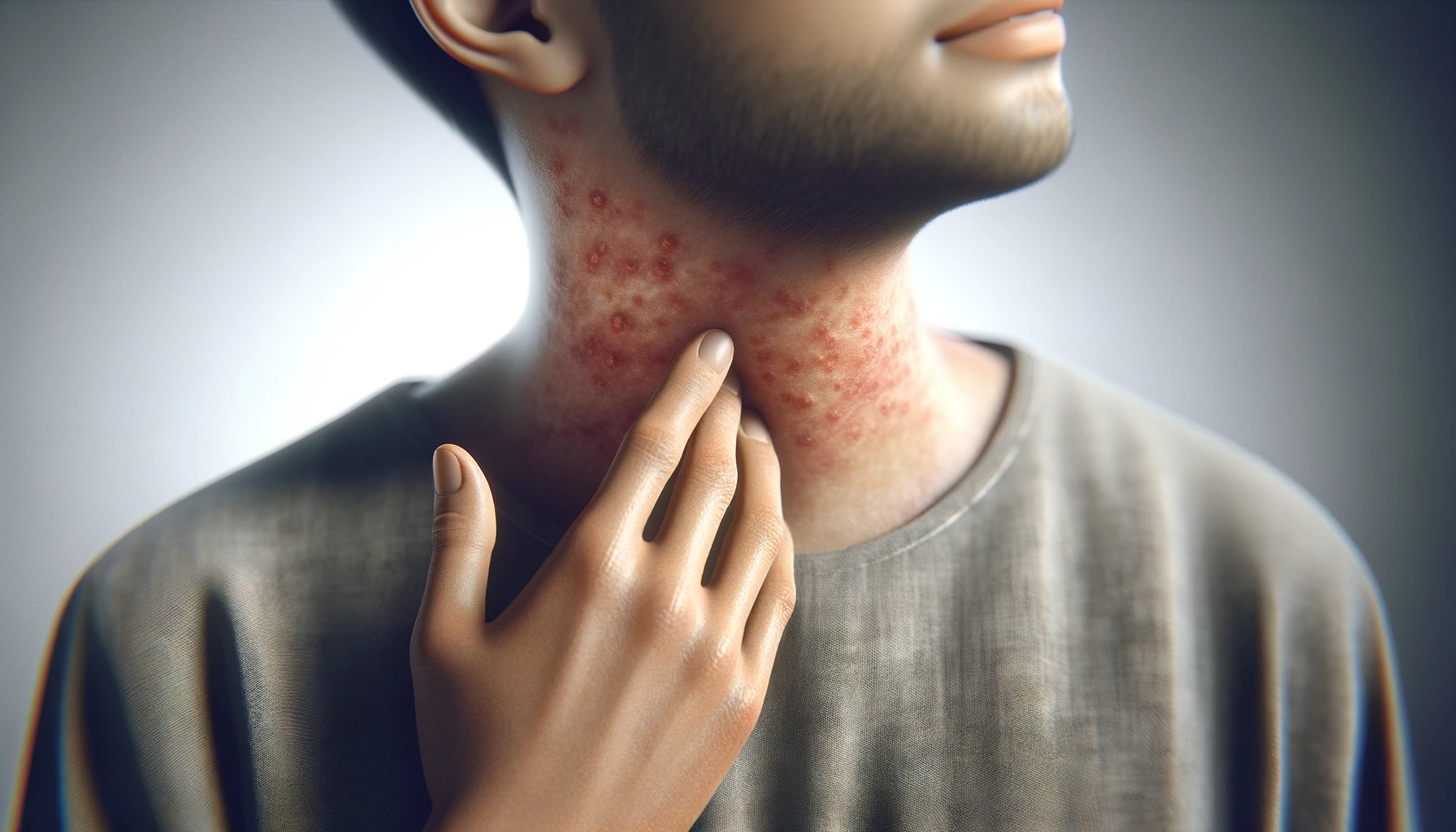The Link Between Diet and Vasculitis
Check out this answer from Consensus:
The evidence suggests a significant link between diet and vasculitis in certain cases. Elimination diets have shown promise in managing hypersensitivity vasculitis, while the consumption of unregulated diet pills can potentially induce urticarial vasculitis. Additionally, dietary management, such as a gluten-free diet, can be crucial in controlling vasculitis associated with coeliac disease. Further research is needed to better understand the mechanisms by which dietary factors influence vasculitis and to develop targeted dietary interventions for affected patients.
Vasculitis is a group of disorders characterized by inflammation of blood vessels, which can lead to a variety of symptoms depending on the organs affected. The etiology of vasculitis is often multifactorial, involving genetic, environmental, and immunological factors. Recent research has begun to explore the potential link between diet and the onset or exacerbation of vasculitis. This article reviews the current evidence on the relationship between dietary factors and vasculitis, highlighting key findings from recent studies.
Elimination Diet and Hypersensitivity Vasculitis
One study investigated the effects of an elimination diet in patients with hypersensitivity vasculitis who had a personal or family history of allergy. The study excluded other potential causes of vasculitis such as autoimmune disorders, infections, and neoplastic diseases. The results were promising: four out of five patients achieved complete remission, and one patient experienced significant improvement. The study found that certain foods and additives could trigger vasculitis, and their removal from the diet led to sustained remission over a two-year follow-up period1.
Diet Pills and Urticarial Vasculitis
Another case report highlighted the potential risks associated with over-the-counter (OTC) diet pills. A 35-year-old female developed urticarial vasculitis after consuming OTC diet pills. The patient experienced pruriginous and painful wheals, angioedema, headache, and myalgia. A skin biopsy confirmed the diagnosis of urticarial vasculitis. This case underscores the importance of recognizing the potential adverse effects of diet pills, which are often unregulated and widely available2.
Coeliac Disease and Cutaneous Vasculitis
A third study examined a 38-year-old female with chronic uncontrolled coeliac disease who developed cutaneous leucocytoclastic vasculitis. The study suggested that antigens permeating the abnormal small bowel mucosa in coeliac disease could lead to the formation of circulating immune complexes, which then deposit in tissues and cause vasculitis. The patient’s skin lesions cleared completely after adhering to a strict gluten-free diet, indicating a direct link between dietary gluten and vasculitis in this case3.
Is there a link between diet and vasculitis?
Ashima Makol has answered Uncertain
An expert from Mayo Clinic in Rheumatology
There are no evidence based studies to answer this question.
There is limited data in the form of case reports that suggest an association or possible etiology indirectly, but casuality is very difficult to attribute based on this limited information, for example by treatment of urticarial vasculitis with elimination diets, or Patient surveys identifying certain dietary foods as a trigger for oral ulcers in Behcets.
On the other hand, there are benefits from an optimal diet that can impact outcomes in vasculitis patients. Particularly, those on high dose steroids can benefit from a diet low in carbs and refined sugars, and rich in calcium (skimmed milk, yogurt, cheese, etc) to reduce the risk of osteoporosis and fractures.
Anti-inflammatory diets (also often termed the autoimmune diet, which has many variants) that contain high protein food, low carbs and low fat, nuts, leafy greens and fruits have benefits in many autoimmune conditions including potentially vasculitis. There are herbs, also available as supplements such as curcumin (turmeric) that have well identified anti-inflammatory benefits in RA and SLE, but whether this also applies to vasculitis is unclear. There is also growing evidence about the role of diet in modulating the composition of the microbiome which in turn can impact health and disease, but a lot of this warrants further study in Vasculitis.
